Can You Be Federally Prosecuted for a Ponzi Scheme?
 Ponzi schemes are one of the most infamous financial frauds in the world of white-collar crime. Named after Charles Ponzi, who orchestrated the most infamous version of this scam in the 1920s, Ponzi schemes remain a highly effective but illegal method of defrauding investors. If you or someone you know is under investigation or facing charges related to a Ponzi scheme, you might be wondering: Can you face federal prosecution?
Ponzi schemes are one of the most infamous financial frauds in the world of white-collar crime. Named after Charles Ponzi, who orchestrated the most infamous version of this scam in the 1920s, Ponzi schemes remain a highly effective but illegal method of defrauding investors. If you or someone you know is under investigation or facing charges related to a Ponzi scheme, you might be wondering: Can you face federal prosecution?
The answer is, unfortunately, yes. Ponzi schemes often involve large-scale fraud that crosses state lines or affects interstate commerce, making it a target for federal prosecutors. In this blog post, we will explore how federal charges related to Ponzi schemes work, what kind of penalties you might face, and how a skilled Illinois federal criminal defense lawyer can help you navigate these serious charges.
What is a Ponzi Scheme?
A Ponzi scheme is a form of investment fraud where returns to earlier investors are paid using the capital of newer investors, rather than from profit earned by the operation of a legitimate business. The scheme typically collapses when the operator can no longer attract enough new investors to pay returns or when too many investors attempt to cash out their initial investments. Ponzi schemes can cause massive financial losses, often affecting hundreds or even thousands of victims.
When Are Ponzi Schemes Federal Crimes?
Ponzi schemes often involve crossing state lines, whether because they are recruiting investors from different states, moving money between states, or using interstate commerce to carry out the scam. These actions bring the case under the jurisdiction of federal law, as crimes involving interstate commerce or mail and wire fraud are subject to federal prosecution.
Federal prosecutors may bring charges in a Ponzi scheme case under several legal provisions, including:
-
Mail Fraud (18 U.S. Code § 1341): If you used the mail system to defraud victims or carry out any part of the Ponzi scheme, you could face mail fraud charges, which are federal offenses.
-
Wire Fraud (18 U.S. Code § 1343): If the scheme involved the use of wire communications (such as emails, phone calls, or online transfers) to defraud investors, wire fraud charges may apply. Wire fraud is a serious federal offense with severe penalties.
-
Securities Fraud (15 U.S. Code § 78j): If the Ponzi scheme involved the sale of unregistered securities, or the misrepresentation of investments to investors, you could be charged with securities fraud. The Securities and Exchange Commission (SEC) may also get involved in investigating and prosecuting the case.
-
Money Laundering (18 U.S. Code § 1956): If money from the scheme was concealed or moved to hide illicit sources, money laundering charges can be brought against you.
Penalties for Federal Ponzi Scheme Charges
Federal Ponzi scheme charges are serious. Those convicted of mail fraud or wire fraud, for example, can face up to 20 years in federal prison, along with significant fines. If the scheme involved large sums of money or many victims, the penalties could be even more severe.
In addition to criminal penalties, defendants may be ordered to pay restitution to victims, potentially amounting to millions of dollars. In some cases, victims may also file civil lawsuits for damages, further compounding the legal and financial consequences.
Call an Illinois Federal Criminal Defense Attorney
If you are under investigation or facing charges for a Ponzi scheme, do not wait to get legal representation. The sooner you involve an experienced Illinois federal criminal defense lawyer, the better your chances of securing a favorable outcome.
With more than four decades of experience and a proven track record in high-profile cases, our Illinois white-collar criminal defense lawyer is ready to help you defend your rights against federal criminal charges. Contact Komie and Associates today at 312-263-2800 to schedule your consultation and take the first step toward protecting your future.


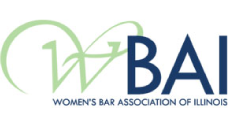
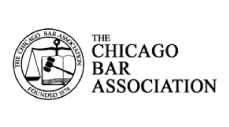

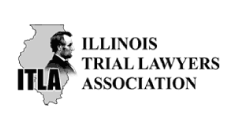
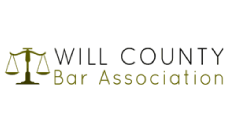
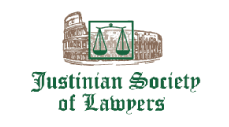
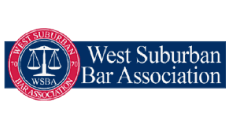

 Map & Directions
Map & Directions




